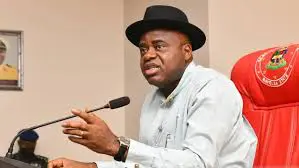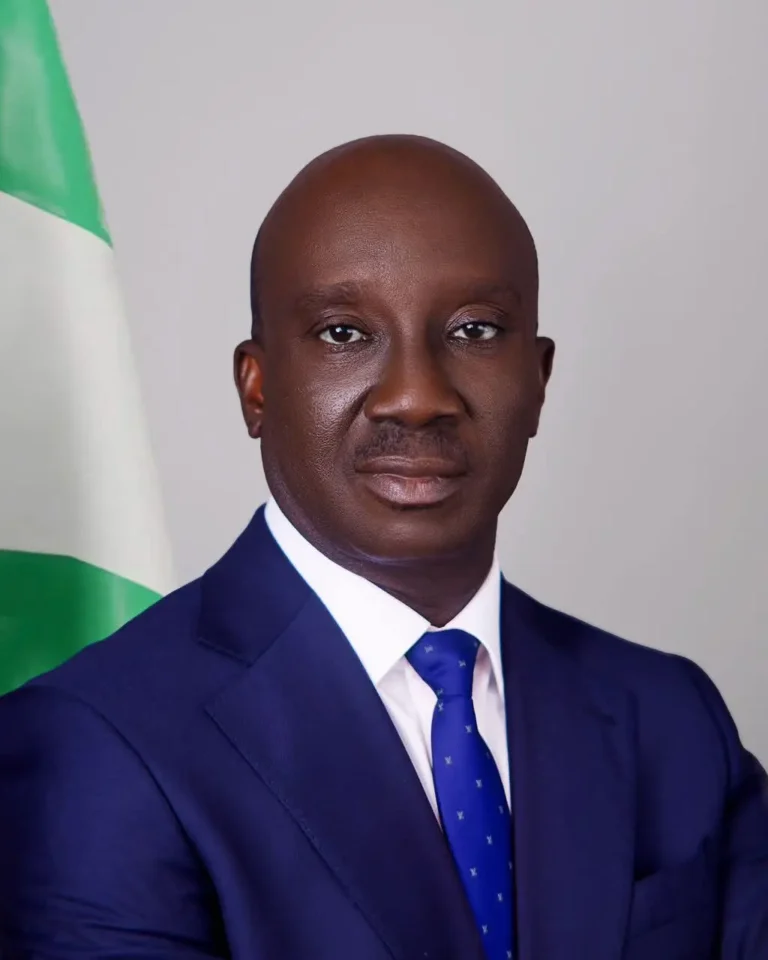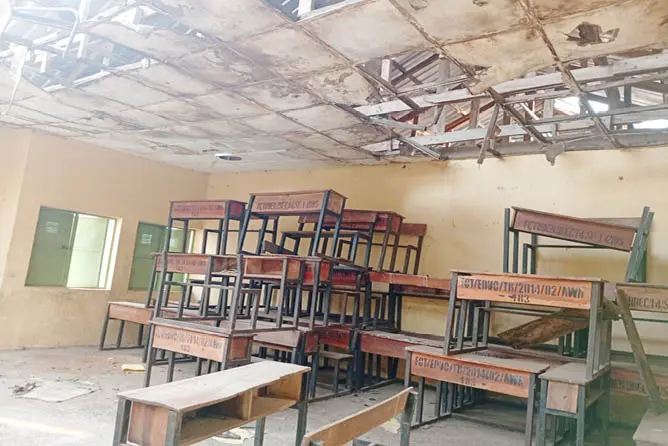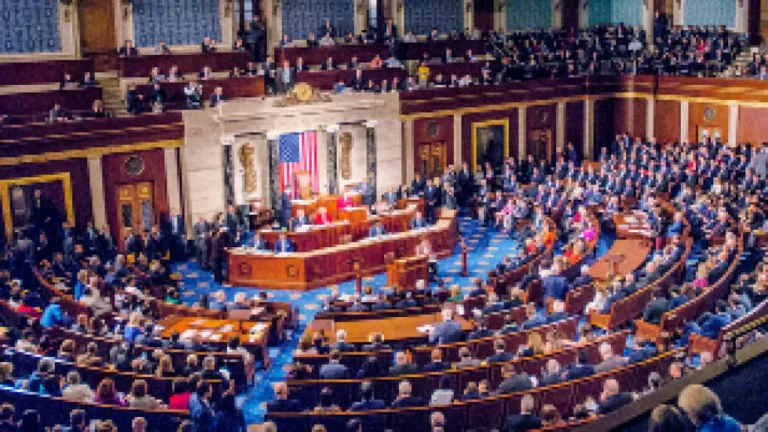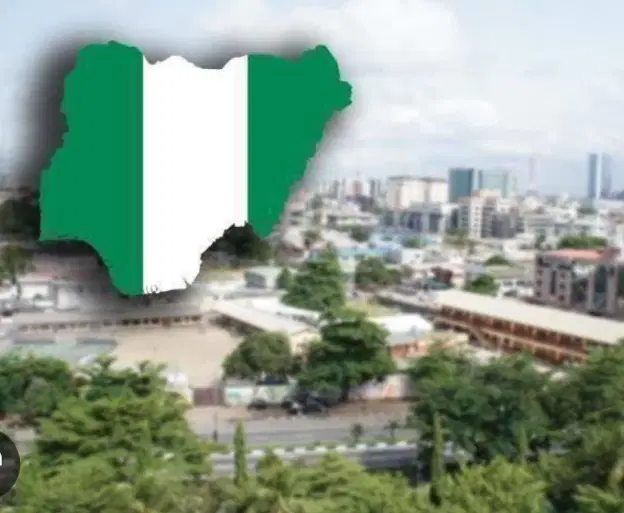
The Governor of the Central Bank of Nigeria (CBN), Mr. Yemi Cardoso yesterday said that the nation’s external reserves has risen to $46.7 billion, representing the highest in seven years, since 2028.
Cardoso disclosed this in Abuja at the opening of the Monetary Policy Department 20 years anniversary colloquium, adding that this level of reserves can cover over 10 months of import.
Represented by Dr. Mohammed Abdullahi, the Deputy Governor (Policy), the CBN Governor, in an address, said, “Foreign reserves have risen to $46.7 billion as of November 14, 2025, providing 10.3 months of import cover in goods and services, supported by sustained inflows and renewed investor participation across various asset classes. This accretion reflects investor confidence in our policies leading to improved oil receipts, stronger balance of payments, and renewed foreign portfolio inflows.
“On the back of this confidence, all the three top international ratings agencies upgraded Nigeria, with the latest by S&P Global Ratings, which revised our sovereign outlook from stable to positive. This recognition reflects the impact of sustained reforms that have placed our economy on a more resilient path.”
He added that, “The past two years have been transformative for the Nigerian economy, driven by bold reforms and decisive actions that have restored confidence and laid the foundation for long-term stability.
Inflation has moderated significantly to 16.05 per cent as of October 2025, from a peak of 34.6 per cent in November 2024, marking seven consecutive months of disinflation, the lowest in three years. Core inflation has also begun to soften, suggesting that the cumulative impact of tight policy settings is transmitting through the economy.
“The exchange rate has stabilized with the naira continuing to strengthen, while the spread between the official and Bureau de Change rates are below 2 percent. This stability has restored investor confidence and reduced uncertainty for households and firms.”
Mr. Cardoso, said monetary authorities faced persistent pressures, exchange rate volatility and structural imbalances compounded by external shocks such as geopolitical tensions and commodity price swings, describing them as “realities demand continuous reassessment of our monetary policy framework.”
He said the theme, “Monetary Policy in Nigeria: Past, Present and Future,” was particularly apt, as it provided an opportunity to take stock of the journey over the last two decades, examine the current reality shaping monetary policy and anticipate the challenges and opportunities that lie ahead.
He said that over the years, “MPD has provided robust technical support to critical committees such as the Monetary Policy Committee and the Monetary Policy Technical Committee, and indeed the CBN board in ensuring coherence and policy deliberations and decisions.
“We all have a good idea of where we are coming from. A period of significantly unorthodox monetary policy that just did not work.”
Speaking at the colloquium, the Resident Representative of the International Monetary Fund (IMF), Dr. Christian Ebeke, said the CBN had witnessed what he described as “a huge turnaround compared to the past few years.”
They have learned the hard way from the past, basically from the present.
He said “When a central bank has an FX backlog, it really, really means the central bank is about to default on FX application. So this was the CBN a few years ago.”
He said the unorthodox central banking practiced in the country by the last administration did not work, though it might work elsewhere.
VANGUARD.

